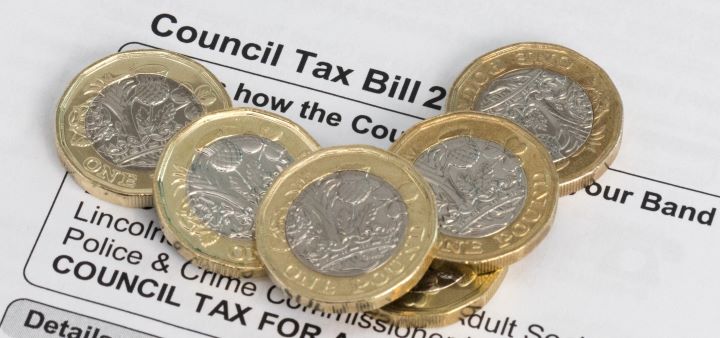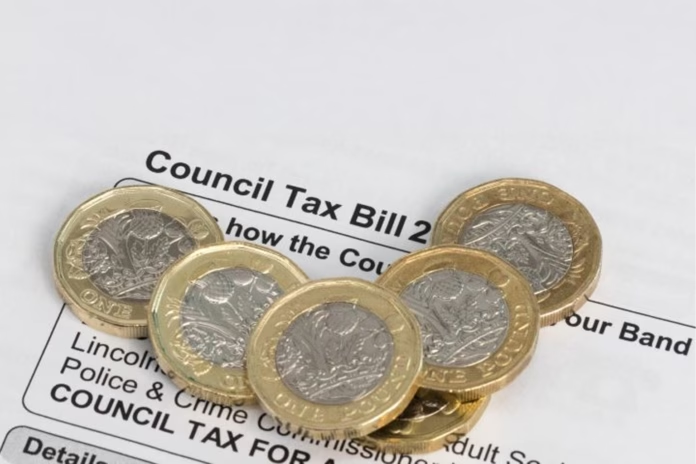Three in four local authorities are set to increase their council tax by the maximum amount this April due to rising inflation and large funding gaps, research by the County Councils Network (CCN) has found.
CCN’s research found that 84 local authorities with social care responsibilities, out of 114 that have published their 2023/24 budget proposals so far, plan to raise council tax by the maximum amount of 4.99%. As a result, the average Band D household will see their bills rise by £99 a year.
Twenty-nine authorities have agreed to increase council tax at a level below the maximum increase and one authority (Central Bedfordshire) has frozen its council tax.
Sam Corcoran, Labour vice-chairman of the CCN and leader of Cheshire East Council, said that due to rising inflation and demand-led pressures for care services, local authorities have had to increase council tax in order to set a balanced budget.
The CCN also detailed that county councils are experiencing some of the largest funding deficits in the country, with Hampshire and Cheshire East Council facing funding gaps of £57.7m and £25.4m in 2023/24 respectively.
Room151’s Monthly Online Treasury Briefing
February 24 2023
Online
Public sector delegates – register here
Cost-of-living crisis
Corcoran said: “We all recognise the cost-of-living crisis is impacting on every household in the country and disproportionally on those with low incomes, but we have little choice but to propose council tax rises again next year, with many councils reluctantly opting for maximum rises.
“With councils facing multi-million funding deficits next year, the alternative to council tax rises would be drastic cuts to frontline services at a time when people at the sharp end of the cost-of-living crisis need us to be there for them.
He added that the CCN would be calling on chancellor Jeremy Hunt for further help in his budget on 15 March.
We need a fair funding review that gets back to the focus of need rather than a reliance on a regressive tax system.
Regional impact
Michael Hudson, president of the Society of County Treasurers, told Room151 that, given the level of inflation and the pressure on councils, it was inevitable that most councils would need to raise council tax by the maximum amount.
“However the impact across the country is going to be different due to the types of properties and levels of subsidy. With the government indicating a similar approach next year, the risk is that this increases the funding gap between areas such as the North East and South East,” said Hudson, who is also chief finance officer at Worcestershire County Council.
“It’s all the more reason we need a fair funding review that gets back to the focus of need rather than a reliance on a regressive tax system.”
James Jamieson, chair of the Local Government Association, concurred on the regional unfairness of using council tax increases as a solution to long-term funding issues. He said that council tax “raises different amounts of money in different parts of the country unrelated to need and adds to the financial burden facing households”.
Jamieson added: “This is the fifth one-year settlement in a row for councils, which continues to hamper financial planning and their financial sustainability and many councils are still grappling with significant challenges when setting their budgets and trying to protect services from cutbacks due to the deep underlying and existing pressures they face.”
—————
FREE weekly newsletters
Subscribe to Room151 Newsletters
Room151 LinkedIn Community
Join here
Monthly Online Treasury Briefing
Sign up here with a .gov.uk email address
Room151 Webinars
Visit the Room151 channel











